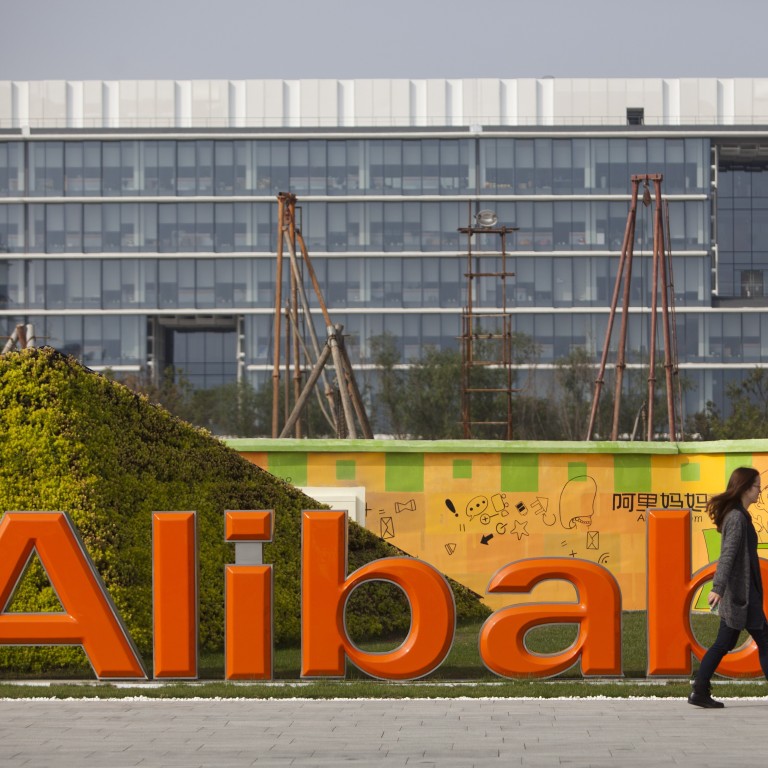
Alibaba says it will invest to retain merchants and customers as it puts antitrust fine behind it
- Alibaba executives speak out after an antitrust probe found the company to have abused its market position
- Company CEO Zhang Yong said Alibaba will make efforts to retain merchants, including cutting fees for them
Alibaba Group Holding, the tech giant hit by a record fine from China’s antitrust regulator over the weekend, said on Monday that Beijing’s decision has no material negative impact on the company’s business and it has cleared up any regulatory uncertainties for its future development in a bid to assure investors and merchants.
“We feel very comfortable that there’s nothing wrong with our business, the fundamental business model of a platform company … With this penalty decision, we received good guidance on some of the specific issues under the anti-monopoly law,” Alibaba executive vice-chairman Joe Tsai said during a conference call with investors and reporters.
“I would say that we are pleased that we are able to put this matter behind us.”
Alibaba’s stock rose more than 8 per cent in Hong Kong on Monday morning.

The company’s chief executive Daniel Zhang said that Alibaba does not rely on “exclusivity arrangements” to retain merchants, as only a small number of flagship stores on its e-commerce platform Tmall had been covered by such arrangements.
“Business-wise, we don’t expect a material negative impact on the change of this arrangement, and once again we will continue to work with our merchants [and] provide them with better services they need to grow their businesses on our platform,” Zhang said.
Zhang also said that many merchants have moved to a multi-platform strategy where they run flagship stores on both Alibaba and rival sites.
Alibaba will make efforts to retain merchants, including cutting fees for them, said Zhang.

Mid-market brands such as Polo Ralph Lauren, Tommy Hilfiger and Fila operate flagship stores on both JD.com and Alibaba’s Tmall. Sportswear brand Adidas has over 15 and 30 million followers on the two platforms respectively.
Although luxury brands Burberry, Dior and YSL only run flagship stores on Tmall, their products can also be found on JD.com’s self-operated stores.
The company will pay the SAMR fine from its reserves of nearly US$70 billion of cash and cash equivalents. This will be reflected in the company’s financial report for the quarter ended March 31 under general accounting (GAPP), but excluded from non-GAPP accounting, said chief financial officer Maggie Wu.
Tsai said that Alibaba and some of its peers remain under review by the market regulator for their past mergers and acquisitions, but he was not aware of any other anti-monopoly-related investigations.

